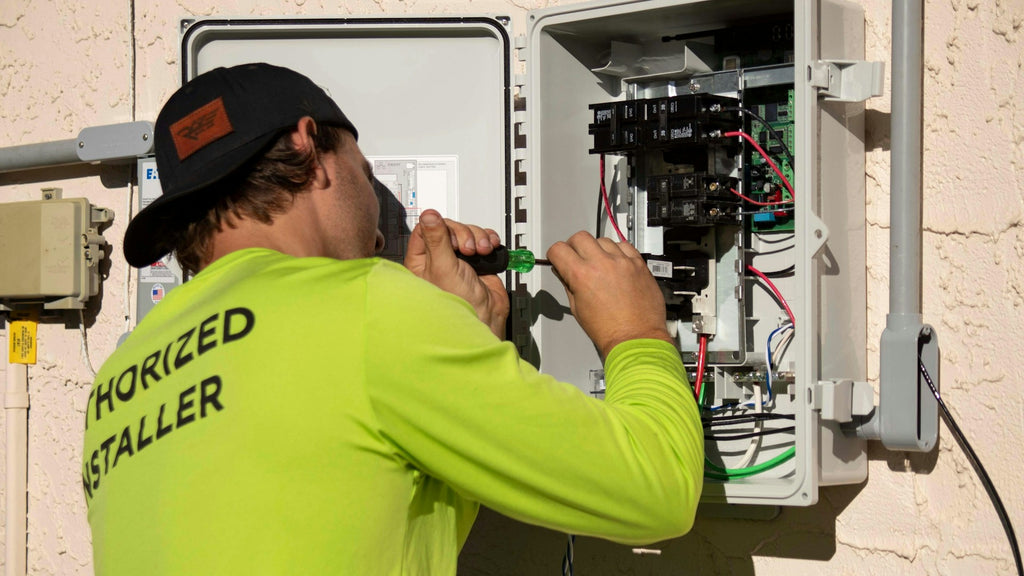Introduction
When it comes to solar energy systems, the inverter plays a crucial role in converting DC power generated by solar panels into usable AC power for your home or business. However, like any electronic device, solar inverters can encounter issues that may affect their performance. In this comprehensive guide, we will explore 8 common problems that solar inverter owners may face and provide easy solutions to troubleshoot them.

1. No Power Output
One of the most common issues with solar inverters is a lack of power output. If your inverter is not producing any electricity, the first step is to check the DC disconnect switch to ensure it is turned on. Additionally, inspect the solar panels for any shading or debris that may be blocking sunlight. If these steps do not resolve the issue, it may be a fault within the inverter itself, requiring professional assistance.
2. Overheating
Another frequent problem with solar inverters is overheating, which can lead to reduced efficiency and potential damage. To prevent overheating, ensure that the inverter is installed in a well-ventilated area with sufficient airflow. Clean any dust or debris that may be blocking the cooling vents, and consider installing a shade or awning to protect the inverter from direct sunlight.
3. Error Codes
Solar inverters often display error codes to indicate specific issues that need attention. Common error codes include overvoltage, overcurrent, and ground fault. Consult the manufacturer's manual to identify the meaning of the error code and follow the recommended troubleshooting steps. In some cases, resetting the inverter or updating the firmware may resolve the issue.
4. Grid Connection Problems
If your solar inverter is not connecting to the grid or experiencing intermittent connection issues, check the AC circuit breaker to ensure it is in the correct position. Verify that the grid voltage and frequency are within the inverter's operating range. If the problem persists, contact your utility provider to inspect the grid connection and address any issues on their end.
5. Ground Faults
Ground faults occur when there is an unintended connection between the DC and AC circuits of the solar system. To troubleshoot ground faults, check the wiring connections for any loose or damaged wires. Inspect the grounding system to ensure it is properly installed and functioning correctly. If the ground fault persists, consult a qualified electrician to diagnose and repair the issue.
6. Communication Errors
Some solar inverters are equipped with monitoring systems that allow users to track performance and detect issues remotely. If you encounter communication errors when trying to access the inverter's data, check the network connection and settings. Ensure that the monitoring system is compatible with the inverter model and that the software is up to date.
7. Inverter Shutdowns
If your solar inverter shuts down unexpectedly, it may be due to high temperatures, overloading, or internal faults. Check the inverter's operating conditions to ensure it is within the specified limits. Remove any obstructions that may be blocking the cooling vents and reduce the load on the inverter if it is overloaded. If the problem persists, contact a professional technician for further assistance.
8. Firmware Updates
Regular firmware updates are essential to ensure optimal performance and compatibility with the latest technologies. Check the manufacturer's website for firmware updates specific to your inverter model. Follow the instructions provided to download and install the updates safely. Firmware updates can address known issues, improve efficiency, and enhance the overall reliability of your solar inverter.
Conclusion
By following these troubleshooting tips, you can address common issues with your solar inverter and maintain its efficiency and reliability. Remember to consult the manufacturer's manual for specific guidance and seek professional assistance if needed. With proper maintenance and timely repairs, your solar energy system can continue to power your home or business efficiently for years to come.







